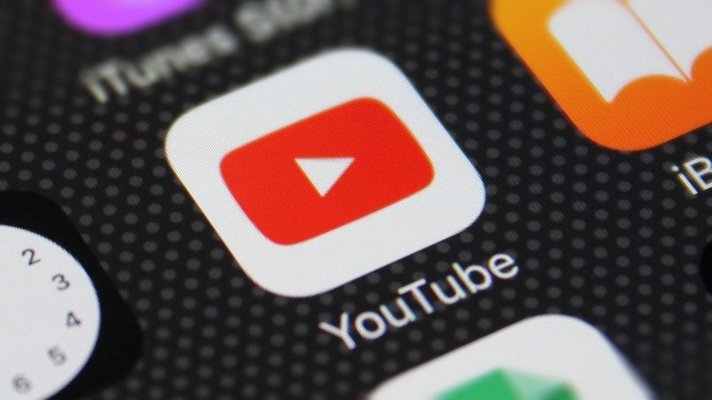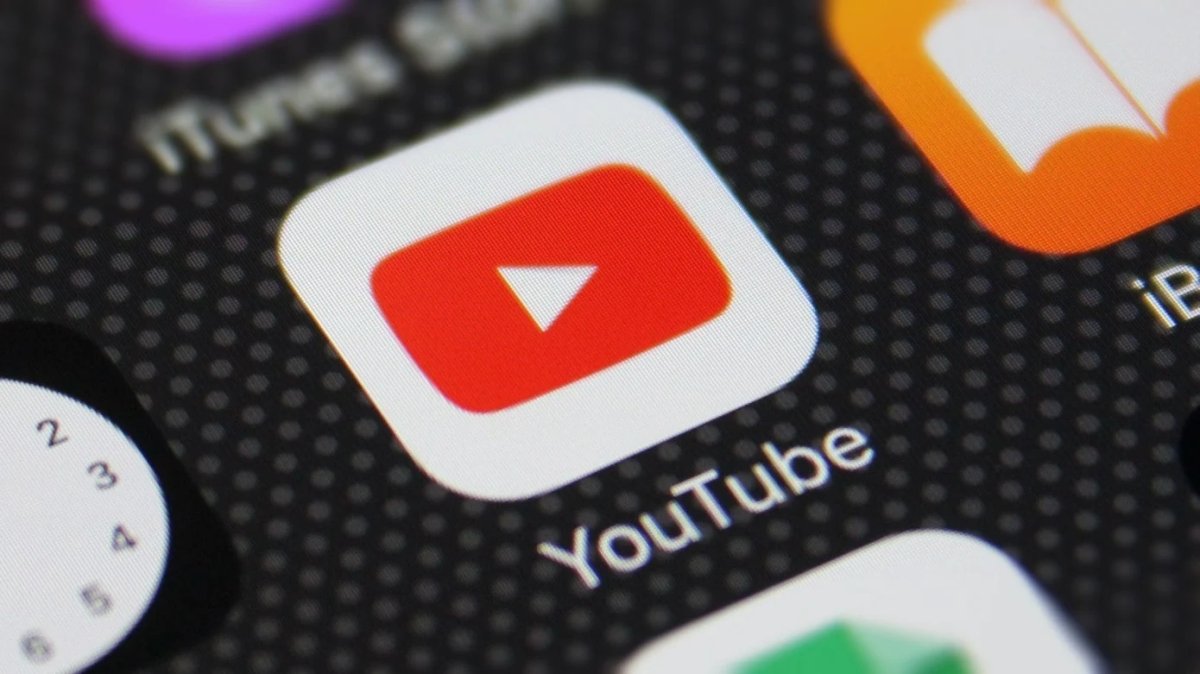
The new policy by YouTube allows creators to use moderate and strong profanity without risking demonetization. This is a much better approach than the stricter rules that were introduced last year, which created more confusion than clarity. The updated policy provides a MUCH needed balance between freedom of expression and the need to protect younger viewers from inappropriate content.
Many creators, who rely on ad revenue to support their channels, were upset about the original policy change because it would mean that their videos would no longer be eligible for monetization. However, YouTube has since retroactively changed the policy so that any video that uses profanity in the first 15 seconds will now be ineligible for monetization. This means that such videos may still be viewable but will not receive any ad revenue.
In January, YouTube announced that it would be modifying its new rules in order to better reflect both community standards and the site’s history. This move was seen as an effort by YouTube to win back trust from users who had been upset with recent changes to the site. While some of the
Since the November update, YouTube has been easing some of their stricter ad policies in an attempt to appease creators. As part of this update, videos containing strong profanity within the first few seconds will no longer receive ad revenue, but videos containing moderate and strong profanity after the first 7 seconds will still be allowed to earn money through ads. However, because these changes don’t revert back to YouTube’s old policy, it seems that they are still not entirely satisfied with how creators are using language on their channels.
YouTube has confirmed that it will re-review videos from creators who had their monetization affected by the November policy. The policy was designed to reduce misleading keyword ads and ensure that videos promoting adult content were not being commercially motivated. The announcement comes as good news for those creators whose videos have been impacted, as they should now be able to continue making money from their content without penalty.
The updated policy for music featuring profanity seems to be more lenient than before, promoting fuller and subtler usage of the language in order to include it in the overall experience of listening to music. Whether or not this ultimately proves successful is yet to be seen; while some listeners may appreciate this more relaxed approach, others might find it irritating or off-putting.
The new policy by YouTube allows creators to continue making money off of their videos without having to drastically change their content or advertising strategies. This should make it easier for a majority of creators to keep making videos and building an audience, despite some initial concerns.
According to reports, YouTube has been working on a new monetization strategy that will feature age-appropriate ads and videos. This change is in response to complaints from parents and advertisers about the ton of violent and inappropriate content on YouTube. However, retrofitting these new rules onto the platform is a delicate balance, as recent months have shown. Some users are concerned that their ability to make money from creating video content will be decreased as a result of these changes, but others argue that such guidelines are necessary in order to keep the site clean and advertiser friendly.








